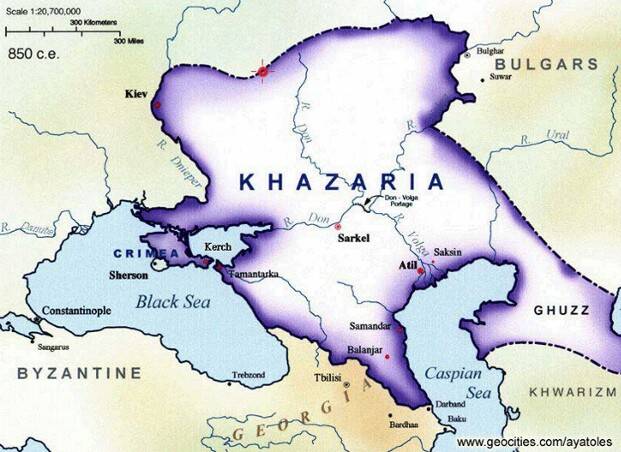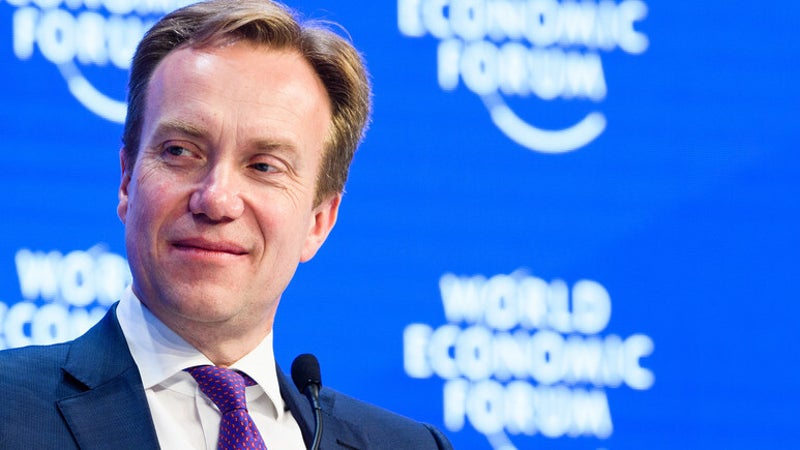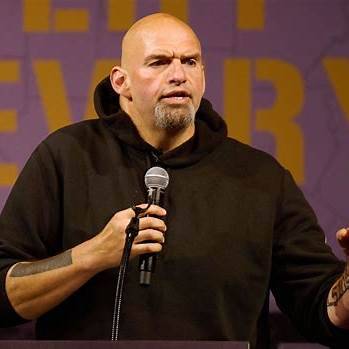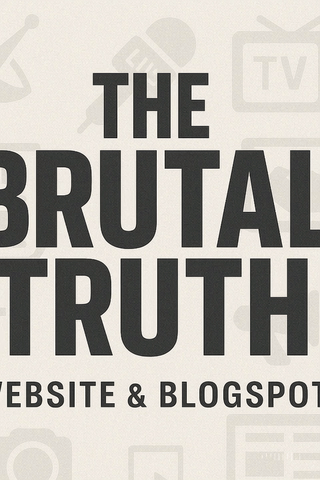Discussion 2
Tucker Carlson: Fox News & neo-cons are LYING about Trump and they’re keeping us in endless wars.
The Brutal Truth July 2025
The Brutal Truth Copyright Disclaimer under Section 107 of the Copyright Act of 1976: Allowance is made for “fair use” for purposes such as criticism, comment, news reporting, teaching, scholarship, education, and research.



The Video They Don't Want You To Watch
| Anwar | Speakers Corner
This was a very educational albeit intense conversation. Thankfully, it ended peacefully.
The Brutal Truth Copyright Disclaimer under Section 107 of the Copyright Act of 1976: Allowance is made for “fair use” for purposes such as criticism, comment, news reporting, teaching, scholarship, education, and research.
Karmelo Anthony's mom caught in HUGE LIE.
Karmelo Anthony's mom caught in HUGE LIE.
The situation involving Karmelo Anthony has drawn significant public attention and controversy. After being charged with the fatal stabbing of fellow student Austin Metcalf, Anthony was released on a reduced bond of $250,000, down from the initial $1 million. This release was made possible through a fundraiser that amassed over $400,000, allowing Anthony to post bail and return home under strict conditions, including house arrest and electronic monitoring.
The Anthony family's financial status prior to the incident was reportedly stable, and the upscale home and new vehicle align with their previous lifestyle. The fundraiser's description indicates that not all donations were intended for legal defense, which has added to public frustration.
While the backlash is understandable given the circumstances, there is no evidence that the fundraiser is fraudulent.Texas HS Football
The legal proceedings are ongoing, and Anthony is presumed innocent until proven guilty. A grand jury will determine whether to formally indict him, and the case continues to evolve.Texas HS Football
The Brutal Truth Copyright Disclaimer under Section 107 of the Copyright Act of 1976: Allowance is made for “fair use” for purposes such as criticism, comment, news reporting, teaching, scholarship, education, and research.
Think Israel Is Bad?
Wait Until You See Its Society!
Israeli society isn’t just celebrating the genocide in Gaza—they’re actively participating in it.
The Brutal Truth Copyright Disclaimer under Section 107 of the Copyright Act of 1976: Allowance is made for “fair use” for purposes such as criticism, comment, news reporting, teaching, scholarship, education, and research.

Douglas Murray on the JFK files, where Covid came from & conspiracy culture
Douglas Murray on the JFK files, where Covid came from & conspiracy culture
The Spectator's columnist Douglas Murray joins deputy and US editor Freddy Gray to discuss his recent column on why the JFK conspiracies just won't die. They also discuss the moon landing, the emergence of American self-hatred, and the return of the post-truth era.
Copyright Disclaimer under Section 107 of the Copyright Act of 1976: Allowance is made for “fair use” for purposes such as criticism, comment, news reporting, teaching, scholarship, education, and research.
Glenn Beck & BlazeTV Hosts REACT to Trump's Address to Congress
Copyright Disclaimer under Section 107 of the Copyright Act of 1976: Allowance is made for “fair use” for purposes such as criticism, comment, news reporting, teaching, scholarship, education, and research.
Congressional Debate: Rep. Jim Jordan Challenges Rep. Ilhan Omar
In a recent session of the House Judiciary Committee, a notable exchange occurred between Rep. Jim Jordan of Ohio and Rep. Ilhan Omar of Minnesota. Rep. Jordan delivered a speech addressing various policy positions, which led to a direct challenge to Rep. Omar's perspectives. This interaction has garnered significant attention, reflecting the ongoing debates within Congress.
From a conservative perspective, many viewed Jordan’s speech as a necessary pushback against policies they believe have weakened law enforcement and national security. Conservatives argue that Omar’s progressive stances, particularly her past criticisms of law enforcement and support for reducing police funding, have contributed to rising crime and instability in many cities. Jordan’s remarks were seen as a strong defense of law and order, emphasizing the need to support police officers and ensure that policies prioritize the safety of American citizens. His firm stance resonated with many on the right, who see figures like Omar as emblematic of policies they believe have negatively impacted public safety and economic stability.
Rep. Jordan, known for his conservative stance, has previously criticized certain policy proposals, emphasizing concerns over national security and law enforcement. In this instance, his remarks were directed at positions held by Rep. Omar, highlighting the ideological differences between the two lawmakers.
From a conservative viewpoint, Jordan’s criticism reflects growing frustration with what many on the right see as a progressive agenda that undermines national security and law enforcement. Conservatives argue that policies championed by lawmakers like Omar, including leniency on immigration enforcement and criminal justice reform, have contributed to rising crime rates and weakened border security. Jordan’s direct challenge was seen as a necessary stand against policies they believe prioritize ideological activism over the safety and stability of American communities. Many conservatives applauded his willingness to confront what they view as failed progressive policies, reinforcing the Republican Party’s message of law and order.
Rep. Omar, representing a progressive viewpoint, has been an advocate for various reforms, including changes to law enforcement practices. The exchange with Rep. Jordan underscores the broader discussions and differing perspectives within the legislative body.
From a conservative perspective, Omar’s advocacy for law enforcement reform is often seen as part of a broader progressive push that weakens police departments and emboldens criminals. Conservatives argue that her support for policies like defunding the police and reducing sentencing for certain crimes has led to increased crime in cities with similar policies. Many on the right see Jordan’s challenge as a necessary counterbalance to these initiatives, emphasizing the need for strong policing, tougher sentencing laws, and a justice system that prioritizes victims over criminals. Jordan’s remarks resonated with conservatives who believe progressive policies on law enforcement have led to dangerous consequences for law-abiding citizens.
This incident is part of a series of debates that illustrate the dynamic and often contentious nature of policy discussions in Congress. Such interactions are indicative of the diverse viewpoints that shape legislative processes and the importance of dialogue in addressing complex national issues.
From a conservative standpoint, this exchange highlights the growing divide between those advocating for traditional American values and those pushing progressive policies that many on the right view as radical. Conservatives argue that debates like this expose what they see as the dangers of leftist ideology, particularly when it comes to national security, law enforcement, and economic policy. Many on the right believe that progressive lawmakers like Omar prioritize social justice activism over practical governance, often disregarding policies that ensure law and order. Jordan’s speech, in their view, represents a much-needed defense of conservative principles in a political landscape where they feel their values are constantly under attack.
Sources:
Copyright Disclaimer under Section 107 of the Copyright Act of 1976: Allowance is made for “fair use” for purposes such as criticism, comment, news reporting, teaching, scholarship, education, and research.
John Fetterman is a HERO for what he did at The View
During a recent appearance on "The View," Senator John Fetterman of Pennsylvania made headlines by suggesting that former President Donald Trump's trial in New York City over alleged hush money payments was "politically motivated." This assertion led to a notable exchange with co-host Sunny Hostin, who challenged Fetterman's perspective.
Fetterman emphasized the importance of an impartial judicial system and cautioned against the use of legal actions for political purposes. He argued that the charges against Trump, which were elevated from misdemeanors to felonies, might not have been pursued if another individual were involved. This viewpoint aligns with previous statements by former New York Governor Andrew Cuomo, who suggested that the case against Trump was unlikely to proceed if not for his identity and presidential candidacy.
Additionally, Fetterman shared insights from his meeting with Trump at Mar-a-Lago, describing the former president as "kind" and "cordial." He highlighted the importance of engaging with political opponents and emphasized the need for bipartisanship in governance.

Fetterman's remarks have been praised by some for their pragmatism and willingness to cross partisan lines, while others have criticized them as controversial. His approach underscores the complexities of political discourse and the challenges of navigating bipartisan relationships in contemporary politics.
SOURCES
John Fetterman is a HERO for what he did at The View😂😂 - YouTube
Sen. John Fetterman Discusses His Takeaways From Visit To Mar-a-Lago | The View - YouTube
Copyright Disclaimer under Section 107 of the Copyright Act of 1976: Allowance is made for “fair use” for purposes such as criticism, comment, news reporting, teaching, scholarship, education, and research.
Try Not to CRINGE While Watching These Awkward Clips from The DNC
The DNC met over the weekend to elect their new leadership. It was an unintentionally hilarious circus that proves, beyond a shadow of a doubt, that the Democrats learned nothing from their embarrassing defeat.
Copyright Disclaimer under Section 107 of the Copyright Act of 1976: Allowance is made for “fair use” for purposes such as criticism, comment, news reporting, teaching, scholarship, education, and research.


